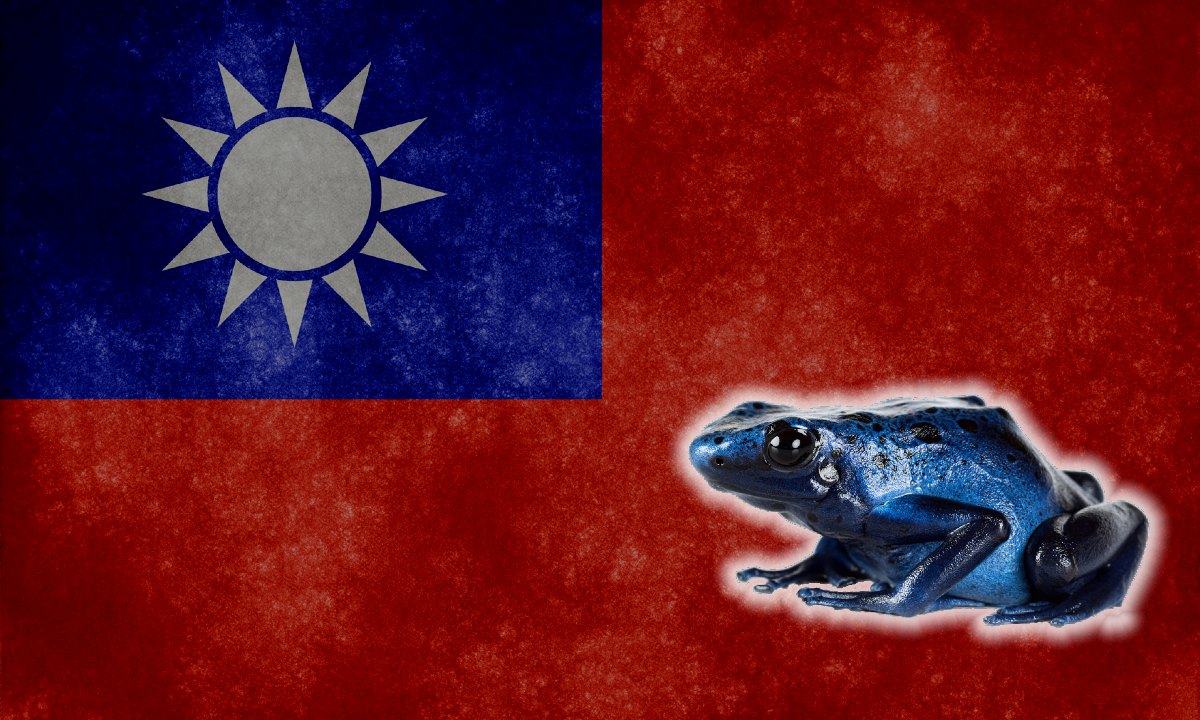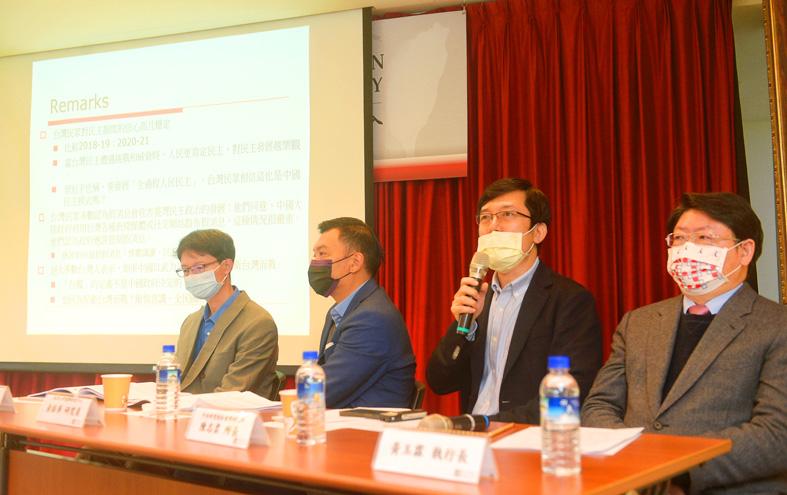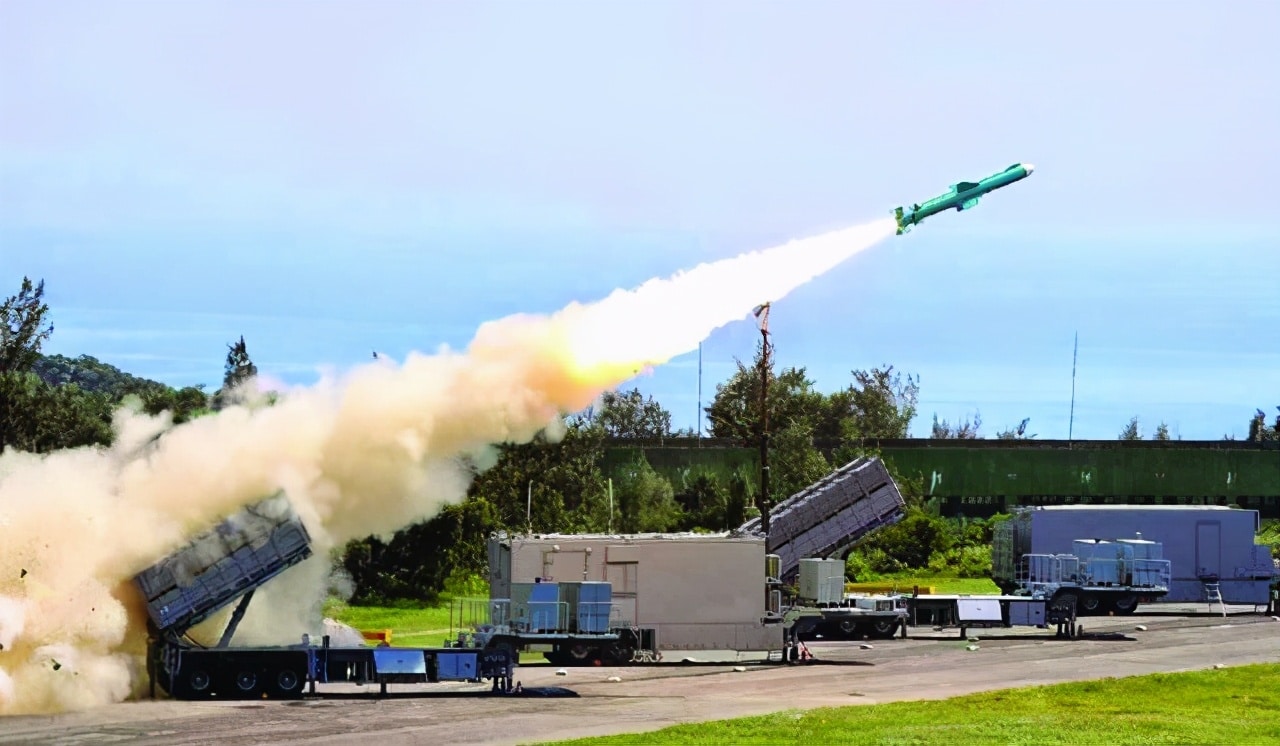Part 1 of 2: American Think tank nonsense on stilts
1. In his 1 July 2021 speech to mark the 100th anniversary of the founding of the Chinese Communist Party (CCP), General Secretary Xi Jinping reiterated the party’s commitment to what it calls “reunification” with Taiwan. Given the CCP’s hostility to the DPP’s unwillingness to recognise prior consensus arrived at with Taiwan’s KMT, I am not surprised that the PLA has upped the range and intensity of its gray-zone activities, including frequent intrusions into airspace and waters in close proximity to Taiwan. Moving along with this line of argument, where I believe defence of Taiwan is a Taiwanese responsibility:
(a) Daniel Davis declares that “it would
frankly be immoral to force American men and women to die in their place for Taiwan’s defense.”
(b) Elbridge Colby
even argued [emphasis his]: “Washington *must* use *every* tool at its disposal to induce and yes even coerce Taiwan to do so [defend itself].”
2. American think tanks — as hired opinion writers — are the gift that keeps giving to America.
Michael Hunzeker argued that Taiwan has shelved its asymmetric defense strategy (one trick pony, for one scenario, the defence of the main island) in favor of high-tech capabilities (to provide a wider set of capabilities to deal with CCP aggression in various hybrid war scenarios) that in his misguided view will at best fail to defend the island against China and at worst serve to strengthen China’s resolve to retake what it views as a renegade province. If Taiwanese leadership followed his advice, they would demoralise their troops and army.
3. As an imaginary counter point, another American in another idiotic think tank believe that if the U.S. abandon strategic ambiguity, it will lead to a better outcome. Raymond Kuo argues that Washington’s policy of “
strategic ambiguity” does not provide Taipei with a clear security commitment, even as American intervention is essential to any effective defense. Taiwan’s new strategy is therefore designed to maximize the likelihood of U.S. intervention, even as it reduces the longevity of its forces against Chinese attack — Raymond Kuo’s counterpoint is nonsense on stilts.
4. IMHO, it is unrealistic to expect that the typical American or European man-on-the-street (or even a Taiwanese political science professor):
(a) to be acquainted with the entire chain of arguments behind any conclusions, on the feasibility of a PLA plans for a Taiwan invasion; or
(b) to understand any discussion on the correct way forward for future Taiwanese arms purchases to defend against an invasion that may never come.
5. The two articles linked in Twitter above, depend on the reader’s lack of understanding of Taiwanese terrain and conscript culture to sell unworkable ideas on defending Taiwan.
(a) This is no different from past American efforts to build an Afghan Army. Just as Afghan Army leadership failed their troops, I believe that the current Taiwanese Army leadership is failing their conscripts — US DoD can’t advise Taiwan because they themselves don’t understand conscript management.
(b) While key success factors in conscript management seem to be missing in the Taiwanese defence efforts, their mindset is changing for the better and it is not too late for Taipei to take war planning seriously — they need to be prepared to respond to a range of scenarios from troubled peace to war, instead of just being a one trick pony.








